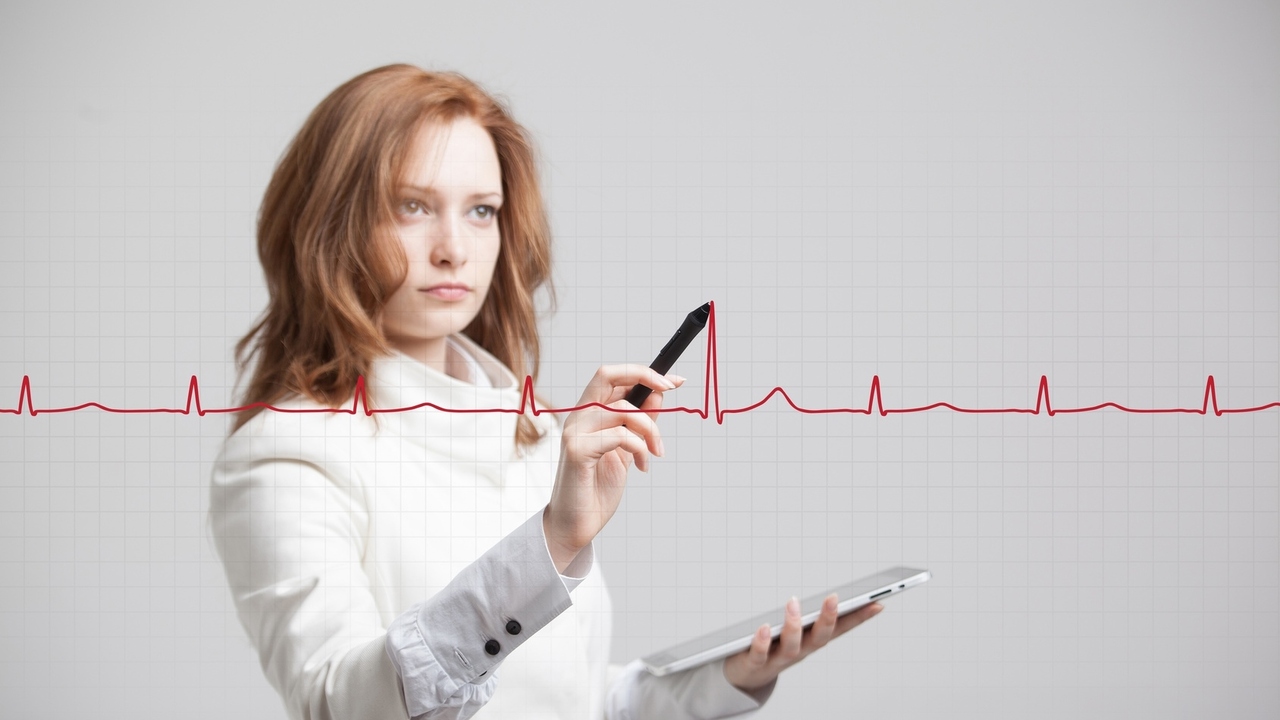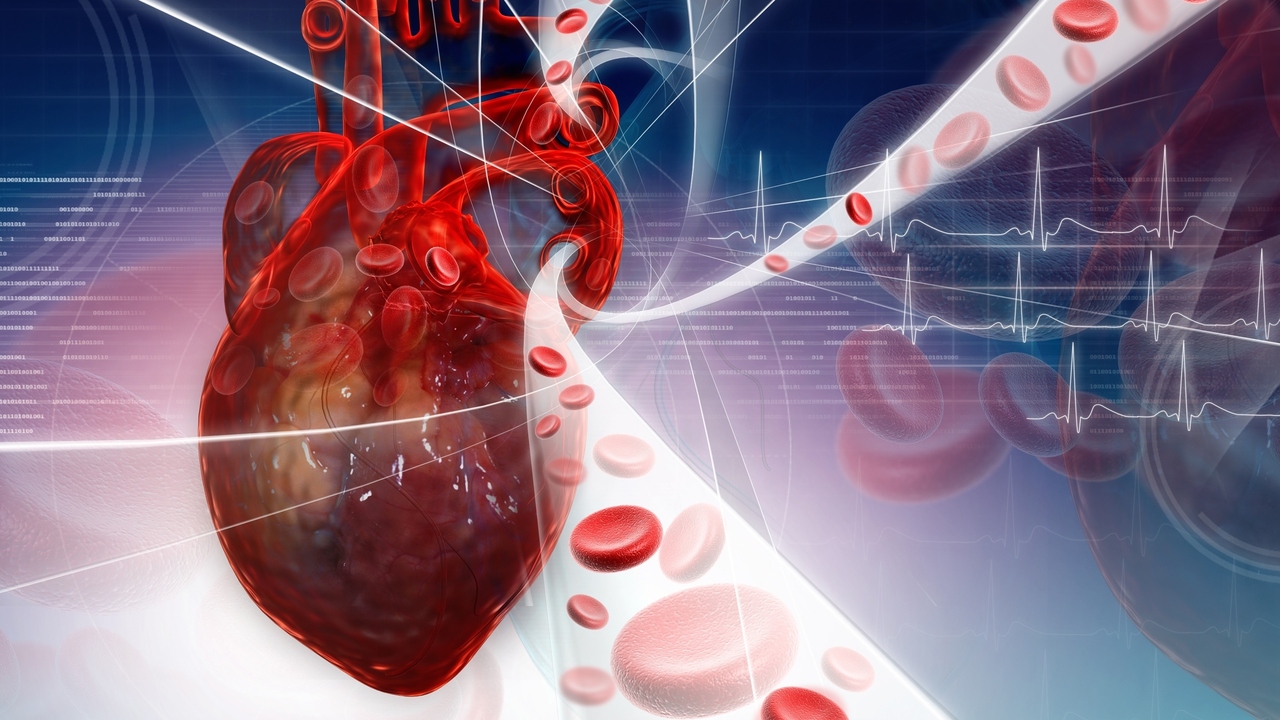The holidays seem to bring on lots of atrial fibrillation (afib), often attributed to a condition called "Holiday Heart Syndrome", which is supposedly caused by consuming too much alcohol and caffeine during the holidays.
This year, can we avoid afib caused by Holiday Heart Syndrome? I think so, by avoiding dehydration. Here are my thoughts about this issue.
Holiday heart probably results from many things added up over the extended holiday season, some of which may include:
• Overindulging in alcohol due to a concentrated period of holiday celebrations. Alcohol dehydrates us.
• Consuming more coffee and other caffeinated beverages to keep us going despite a lack of sleep and more to do than we can do during the holidays. Coffee and caffeinated beverages can dehydrate us.
• Cold weather and indoor heat. Both of those dehydrate us.
• Flying to see family and friends, or for ski, beach, or other holiday vacations. Flying dehydrates us a whole lot because the humidity level on planes is generally less than 10%.
Add up all this dehydration, along with the stress of the holidays and frequent overindulging in sugars, chocolates, flour (gluten), and fats, all of which are considered triggers by many people in the afib community, and you have a recipe for more holiday afib. So what can we do about it?
Here are a few of my rules of thumb, not just for the holidays but for all of the time:
• For every alcoholic beverage consumed, have an equal amount of water, or even better, twice as much water.
• Drink lots of water (or club soda) during flights to avoid dehydration caused by the very low humidity levels on board. For me, that means 6–12 ounces of water for every hour in the air. Yes, that means more trips to the restroom, but that has benefits, too, in that it gets your legs moving and decreases your risk of blood clots in the legs due to deep vein thrombosis (also called "economy class syndrome").
• During flights, avoid alcohol, or consume 2–3 times as much water as alcoholic beverage. It's easy if you pace yourself with one sip of alcoholic beverage followed by several sips of water.
• In cold weather, especially when ice and snow are on the ground, drink more water than usual. Under normal conditions, 64–80 ounces of water per day is considered enough, but more is needed when weather conditions are dry and dehydrating. This also applies at high altitudes and in the desert.
Just an extra personal anecdote for those traveling long distances by air during the holidays, or any time. I think that jet lag is largely due to dehydration, so I believe that a little bit of extra salt on long flights helps with hydration. At least it does for me.
Everyone is different, so before trying this, discuss it with your doctor, especially if you have high blood pressure. This is just my opinion, and I know that salt is politically incorrect these days. This is not an everyday practice, but I believe it is warranted in unusual circumstances such as this, especially for those without high blood pressure.
Thus, here are a couple of my personal favorite jet lag "cures":
• A margarita, with a little bit of salt, just after a very long international flight. I'm not sure if it's the lime juice, tequila, or hydration aided by salt and all the extra water I drink with it, but it seems to work well for me in quickly getting over jet lag from long international flights.
• A couple of large bottles of Gerolsteiner, a mineral water from Germany, when I return home. While on business in Germany recently, there was Gerolsteiner mineral water everywhere, and I delighted in indulging in it. Interestingly, I had no jet lag when I got home from that trip. (Do other mineral waters work? Probably, but I don't have experience with them.)
I'll admit that, having been afib free for over 6 years, maybe I'm just a bit fanatical about staying hydrated, especially since I no longer have my left atrial appendage, which plays a role in thirst regulation. (It is typically removed or closed off in mini-maze surgery as it generates 90% of afib clots).
But if being fanatical helps keep the afib beast at bay, it's so worth it. [She stops writing and slugs down more water.]
Another fanatical thing I do to keep the afib beast at bay is to consistently treat my sleep apnea, but that is a whole other story for another day.
We wrote earlier about whether alcohol and coffee are really the culprits they are portrayed to be in causing atrial fibrillation? You can read those articles at http://atrialfibrillationblog.com (Does Alcohol Put You at Risk for Atrial Fibrillation?) and http://atrialfibrillationblog.com (The Role of Coffee in Atrial Fibrillation).
Could it actually be that it's not the alcohol and coffee at all, but instead is the dehydration that they can bring on if we don't have enough water with them? So can we decrease afib by staying fully-hydrated? I think it's worth a try.
Please let me know what you think, and about any experiences you have with this, especially during the holiday season.
Here's hoping these simple ideas for staying hydrated during holiday travel and feasting can get you through the holidays with no afib.
All user-generated information on this site is the opinion of its author only and is not a substitute for medical advice or treatment for any medical conditions. Members and guests are responsible for their own posts and the potential consequences of those posts detailed in our Terms of Service.





Add a Comment1 Comments
Thank you for sharing these great tips!
December 26, 2011 - 12:22pmThis Comment